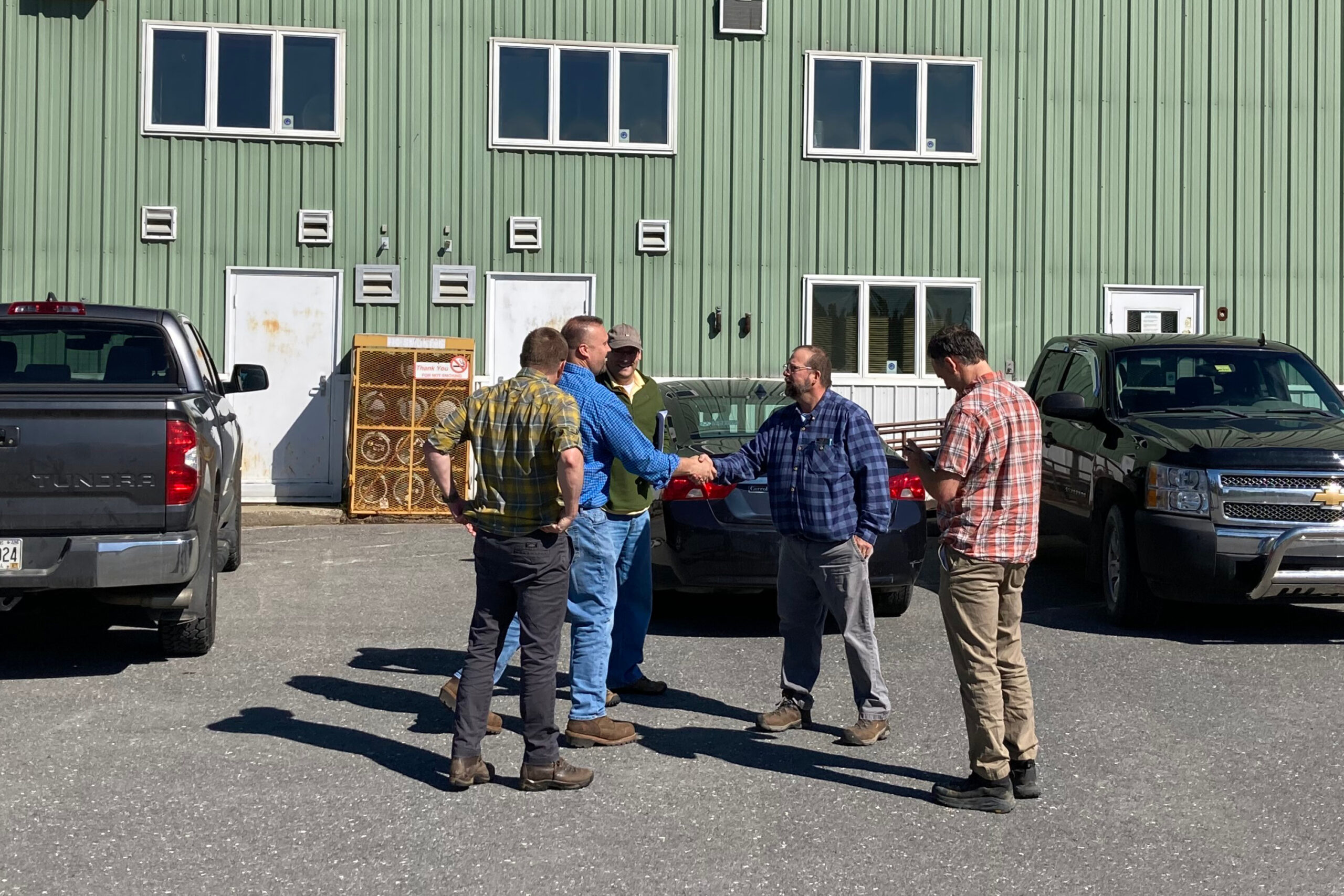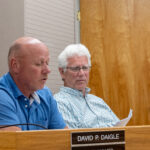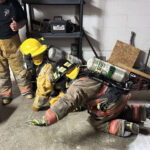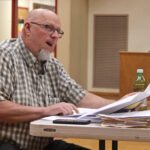
A Wisconsin-based wood products company has opened its first facility in Maine at a former hardwood floor plant in Ashland, with plans to eventually bring more than 15 jobs there.
WholeTrees Structures of Madison, Wisconsin, signed the lease this week for the vacant Moosewood Millworks building. The company makes structural round timber, a natural wood construction material it plans to market along the East Coast.
In addition to creating jobs, the venture in Ashland, a town of about 1,200, is expected to bring new life to a facility that’s been closed for six years. It will also expand the forest products industry with goods that are new to Maine.
“Today is our first day in the facility in Ashland,” said Mark Hensley, WholeTrees’ Maine operations manager, on Tuesday. “Ashland will serve as the gateway for the northern Maine source for structural round timber, all the way down to Raleigh, North Carolina.”
There is still some refurbishing to do inside the Ashland plant, and production should start the last week of March, Hensley said. He expects to hire seven employees the first year, then double that in year two. In the future, he expects more jobs to be created.
The company started negotiating a lease last year in Ashland, working with the town and Bangor-based Seven Islands Land Co., which owns and harvests land in Aroostook’s North Maine Woods. Seven Islands owns the 33,000-square-foot plant, which is located on Realty Road, an entry point to the woods.
Town officials started looking into bringing structural round timber to the area in 2021. Ashland and industry partners formed Original Mass Timber Maine and worked to develop East Coast markets. The town sought and administered grants for the project, including a combined $600,000 from the Northern Forest Center and Maine Development Foundation.
Though WholeTrees has worked with several Maine companies before, this will be its first facility outside Wisconsin, said Jocelyn Harmon, the company’s communications director. The Ashland opening comes at a good time.
“We have seen, at least in the last couple of years, the East Coast is interested in bringing more mass timber into their process,” she said. “This is our ability to say we have a local source from sustainably managed forests in Maine.”
Creating structural round timber involves culling trees from forests and leaving most of their natural structure in place when they’re used in building projects.
The trees are minimally processed and unlike laminated products, no glue is applied to them. They’re cut, sanded and lightly stained before they go to builders, where they are usually used whole as part of the design, she said.
The timber can be used in projects such as playgrounds, grocery stores, zoo habitats and event canopies.
Statewide, the forest products industry brings an $8.5 billion annual economic impact, according to the Maine International Trade Center in Portland. That includes more than 33,000 jobs and exports of $500 million each year.
It’s difficult to quantify how many pieces of timber will be produced at the revamped Ashland facility since the amount of production varies by project, Hensley said. In the mill’s first year, 16 to 20 projects in Maine and elsewhere are slated to use its timber.
Ashland town officials were not available to comment. Calls to Seven Islands Land Co. were not immediately returned.
WholeTrees aims to maintain sustainable forests and low carbon emissions. Using solid timber that needs little processing can benefit the climate, improve forest health and safeguard natural resources, Hensley said.
“Our vision is to provide durable structural systems while restoring the forests and the communities,” he said. “Having a facility of this magnitude up and running is going to kind of speak for itself.”
Correction: An earlier version of this article misstated the type of wood that’s used to make structural round timber. The article has also been amended to correct the name of the Northern Forest Center.







